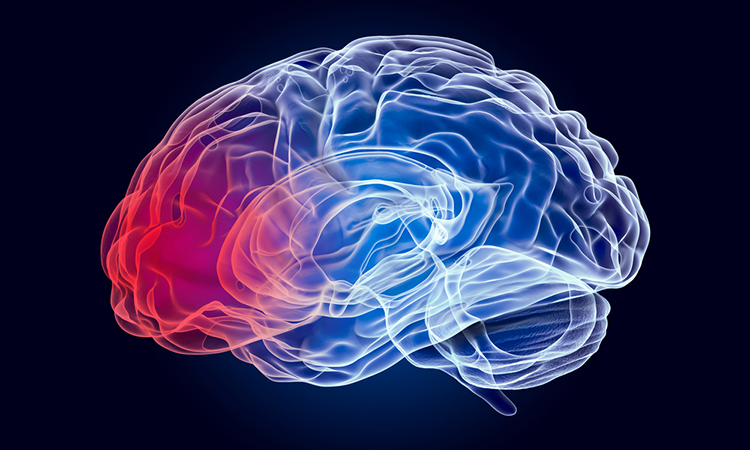Drug target to halt progression of Parkinson’s disease identified
Posted: 28 May 2021 | Victoria Rees (Drug Target Review) | No comments yet
Scientists have shown that trapped LC3B protein in brain cells enables Parkinson’s disease to spread, presenting a drug target.


A new discovery by University of Guelph, Canada, researchers could help in the development of new therapies to improve the quality of life for people with Parkinson’s disease. By showing how entangled proteins in brain cells enable the neurodegenerative disease to spread, the scientists hope their findings will lead to drugs that halt the condition’s progression.
According to the researchers, current therapies only treat symptoms rather than halting the disease. The disease can be triggered by the misfolding of a protein called alpha-synuclein that accumulates in a part of the brain called the substantia nigra. The disease causes loss of nerve cells in the brain that produce dopamine, a chemical messenger that helps control motor function. Misfolded alpha-synuclein aggregates and eventually spreads to other parts of the brain, impairing areas responsible for other functions such as mood and cognition.
In their study, the team used stem cells to model neurons with and without Parkinson’s disease and look at the effects of synuclein mutations.
They discovered that in Parkinson’s neurons, misfolded synuclein binds to another protein called LC3B. Normally, LC3B targets misfolded proteins to be degraded. In Parkinson’s disease, LC3B gets trapped in the protein aggregates and is inactivated, the study showed.
Without degradation, the cells eject the aggregates, which then spread to nearby neurons, propagating the disease throughout the brain.
“Normally misfolded proteins are degraded. We found a pathway by which synuclein is being secreted and released from neurons instead of being degraded,” said Dr Scott Ryan, who led the study. “We hope to turn the degradation pathway back on and stop the spread of disease.”
The team showed that activating LC3B restores degradation, enabling cells to clear the misfolded proteins and prevent disease spread.
“Regular protein turnover is part of a healthy cell,” said PhD candidate Morgan Stykel, first author of the paper. “With Parkinson’s disease, that system is not working properly.”
“We may not be able to do anything about brain regions that are already diseased, but maybe we can stop it from progressing. We might be able to turn the degradation pathway back on and stop the spread of the disease,” said Ryan.
The findings were published in Cell Reports.
Related topics
Molecular Targets, Neurosciences, Protein, Proteomics
Related conditions
Parkinson's disease (PD)
Related organisations
University of Guelph
Related people
Dr Scott Ryan, Morgan Stykel


